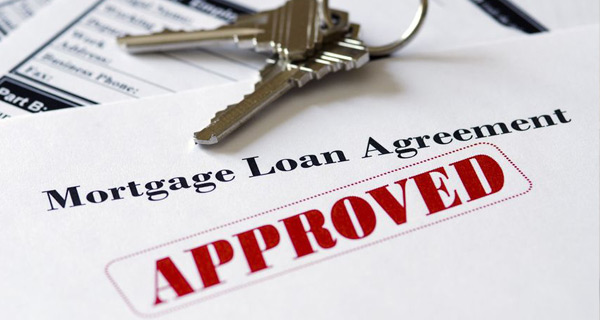May 2, 2016
 If you are planning to apply for an FHA loan soon and are still in the planning stages of that loan, there are some expenses you can anticipate and save up for. Some borrowers may be interested in financing some of the costs associated with a new loan, but paying them up front can help save money over time.
If you are planning to apply for an FHA loan soon and are still in the planning stages of that loan, there are some expenses you can anticipate and save up for. Some borrowers may be interested in financing some of the costs associated with a new loan, but paying them up front can help save money over time.
Those who choose to pay these costs up front are often looking at their mortgage loan over the long term. Those who choose to finance certain expenses where permitted may be trying to save money up front. Whichever option you choose, it pays to be an informed borrower-even if you know in advance you want to finance certain expenses.
FHA loans and refinance loans have different rules for what expenses can be financed and which cannot. For example, the borrower’s minimum required investment (the down payment) for a new purchase loan must always be paid in cash and can never be financed. The down payment is part of the borrower’s cash required to close.
In some cases a borrower may be able to pay up front to reduce the interest rate on a mortgage loan. This is called paying for “points” and these types of interest rate buydowns must be negotiated with the lender. Financing a certain amount of points may be allowed but it’s important to calculate the cost and the benefits of doing so. How much you pay up front in this area could affect the overall cost of your loan over the entire 15 or 30-year mortgage.
Other expenses a borrower should save up for and anticipate include the appraisal fee, any required compliance inspection fees, pre-paid property tax fees (this can vary depending on the nature of your transaction) and for new purchase loans borrowers should definitely save for a home inspection carried out by a qualified professional above and beyond the FHA appraisal.
Some types of FHA loans will include fees for energy efficiency ratings (again, carried out by a trained professional). This type of expense is common with FHA energy efficient mortgages where the borrower chooses to add funds to the loan for the purpose of upgrading the home to be more energy efficient. The lender will require certifications by a professional as a condition of this type of loan, and this is an expense which must be paid as a service rendered (much like an appraisal or inspection).
The important thing to know about all of these potential expenses is that the costs will vary depending on the housing market and other factors. In general there is no nationwide set dollar amount for such services and the borrower will need to do research in his or her local market to learn what costs may be in that area. FHA loan guidelines don’t include price lists for these expenses–it would be impossible to track nationwide. When you prepare for your loan, ask some advice of a local realtor or lender on how to get rough estimates for these costs to help in your calculations.
Do you work in residential real estate? You should know about the free tool offered by FHA.com. It is designed especially for real estate websites; a widget that displays FHA loan limits for the counties serviced by those sites. It is simple to spend a few seconds customizing the state, counties, and widget size for the tool; you can copy the code and paste it into your website with ease. Get yours today:
http://www.fha.com/fha_loan_limits_widget

